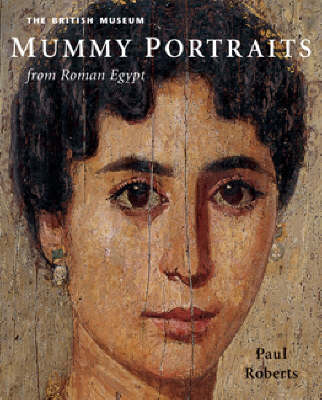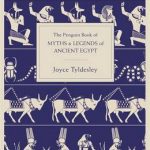Disclosure : This site contains affiliate links to products. We may receive a commission for purchases made through these links.
Mummy Portraits from Roman Egypt

The mummy portraits of Roman Egypt are haunting images of ancient faces: anonymous people painted by anonymous artists. And yet, they are historical and cultural documents of outstanding interest and importance, and many are of superb artistic quality. This type of portrait appeared in Egypt in the first century AD, and remained popular for around 200 years. Though the subjects believed in the traditional Egyptian cults, which offered them a firm prospect of life after death, they also wished to be commemorated in the Roman manner. Portraits were commissioned that would serve as a realistic record of the deceased as he or she had appeared in life.These were painted on a wooden board at a roughly lifelike scale, which was then placed on the outside of the cartonnage coffin over the head of the individual or carefully placed into the mummy wrappings. The images also reveal the adoption of Roman fashions in dress and personal adornment by persons remote from the centre of the empire but likely to have been actively engaged in its local administration. By careful assessment of the hairstyles, clothes and jewelery, it is possible to date the portraits, often within a decade or so.Many of the finest and best-known examples come from the Fayum and are a dazzling testament to the Greek painting tradition, in particular the sophistication of the Alexandrian school, from which they are derived.It is not until some fifteen centuries later, in the faces painted by Titian or Rembrandts depiction of his own features as he saw them reflected in a mirror, that the same artistry that characterizes many of the anonymous painters of the Fayum is witnessed again.






































































